Turkey, a land where Europe meets Asia, holds a captivating array of traditions. These customs, handed down through generations, often surprise and intrigue visitors. Let’s explore some unbelievable Turkish customs that offer a window into the heart of Turkish culture.
One of the first surprising Turkish customs you might witness involves greetings. Instead of a simple handshake, it’s common to observe people, especially elders, bring the other person’s hand to their forehead after shaking it. This gesture signifies respect and honor, a fundamental aspect of Turkish culture. It’s a small act, yet it speaks volumes about the value placed on age and social hierarchy within Turkish society.
Another of the surprising Turkish customs centers on hospitality. Turkish people are renowned for their warmth and generosity towards guests. Offering food and drinks is almost a requirement, and declining can be perceived as impolite. Whether you’re visiting a home or a shop, expect to be offered Turkish tea or coffee. This ingrained hospitality is a cornerstone of Turkish culture, making visitors feel welcome and cherished.
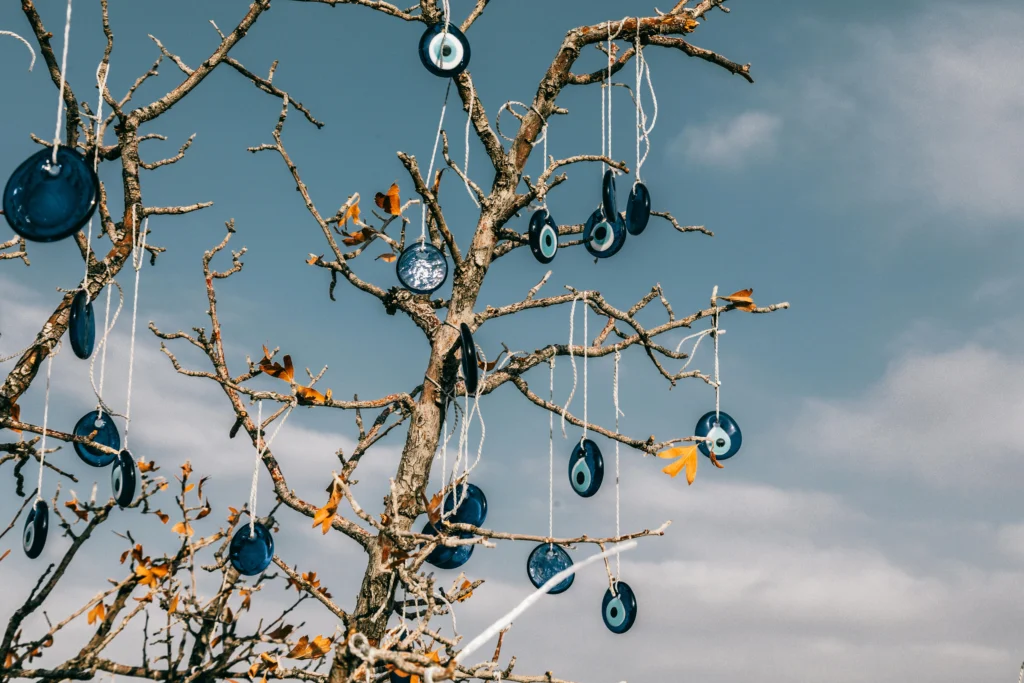
Furthermore, some surprising Turkish customs are linked to superstitions. For instance, the “evil eye,” or nazar boncuğu, is a common sight. This blue glass bead is believed to offer protection against negative energy and ill will. You’ll find it hanging in homes, cars, and even worn as jewelry. This belief in warding off bad luck is a deep-rooted part of Turkish culture.
Unique Practices Among Turkish Traditions
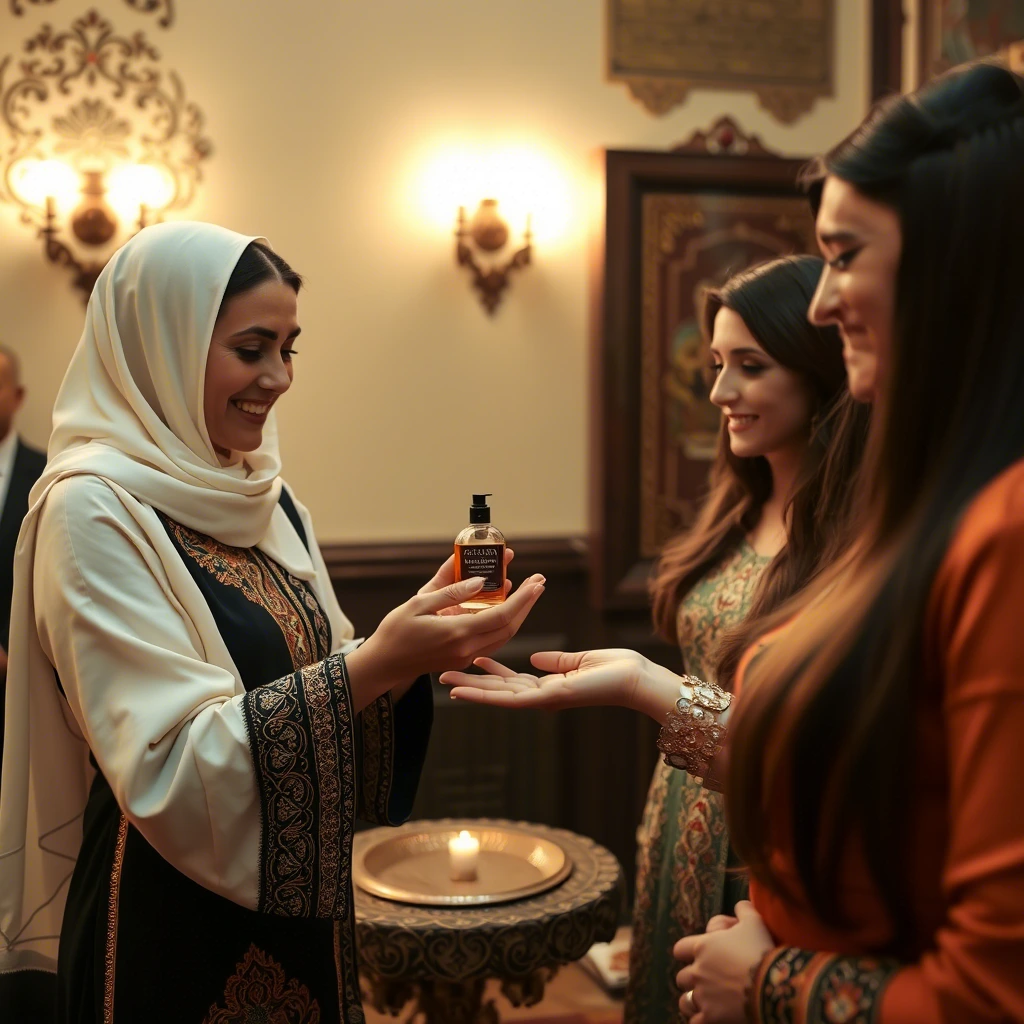
Delving deeper, you’ll find even more unique practices among Turkish traditions. Take, for example, the tradition of kolonya, a fragrant lemon-scented cologne. It’s often offered to guests to freshen up and is also used after meals. This refreshing ritual is a subtle yet significant part of Turkish traditions, reflecting a focus on cleanliness and hospitality.
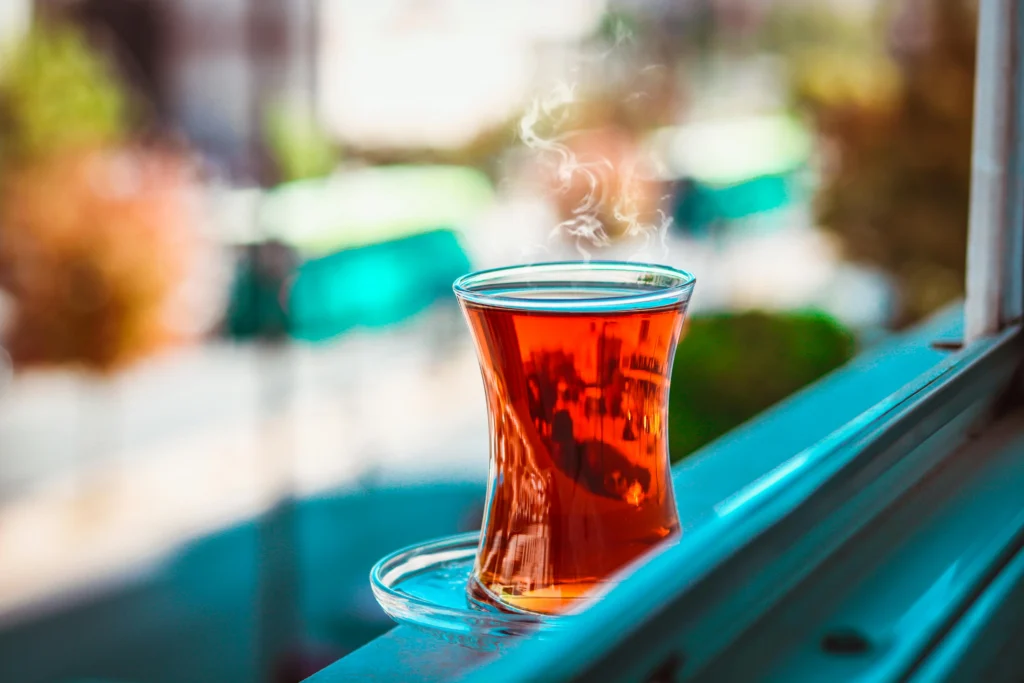
Interestingly, some surprising Turkish traditions involve food rituals. When tea is served, it’s often poured from a curved-spouted teapot into small, tulip-shaped glasses. The way the tea is brewed and served is an art form in itself, highlighting the importance of this daily ritual within Turkish culture. Moreover, bread holds a special significance and is rarely wasted, further illustrating the cultural nuances of Turkish traditions.
Unexpected Aspects of Turkish Life

Beyond the common sights, there are unexpected aspects of Turkish life that might raise an eyebrow. One such tradition is the oil wrestling festival, Kırkpınar. This ancient sport involves wrestlers covered in olive oil competing for the golden belt. This unique and physically demanding competition is a long-standing part of Turkish traditions, showcasing strength and endurance.
Additionally, the tradition of henna night, kına gecesi, before a wedding is a vibrant and emotional affair. The bride-to-be, adorned in a red veil, has henna applied to her hands while female relatives sing traditional songs, often evoking both joy and sadness. This pre-wedding ritual is a significant part of Turkish traditions, marking the bride’s transition to a new chapter in her life.
Fascinating Cultural Elements of Turkey
There are numerous other fascinating cultural elements of Turkey to explore. Consider the tradition of storytelling, which holds a special place in Turkish culture. In the past, meddahs (storytellers) would captivate audiences with their tales. While less common today, the love for storytelling remains ingrained in Turkish traditions.
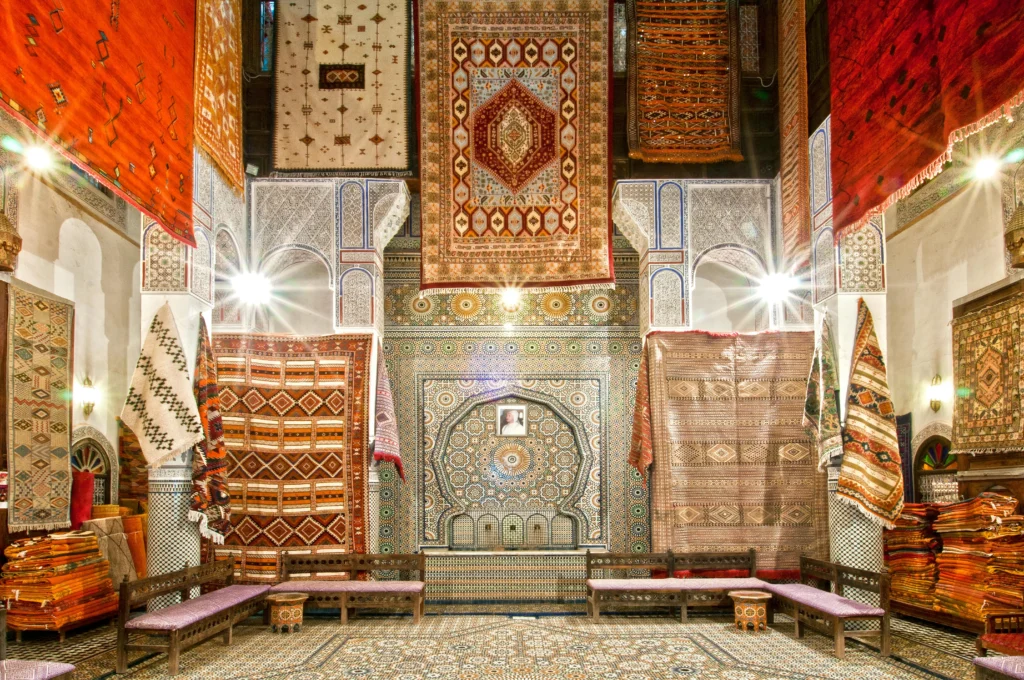
Another fascinating aspect of Turkish culture is the vibrant carpet-weaving tradition. Turkish carpets are renowned worldwide for their intricate designs and craftsmanship. The process of weaving these carpets is a tradition passed down through generations, with each region often having its own distinct patterns and techniques. This art form is an integral part of Turkish traditions and cultural heritage.
Furthermore, celebrating religious holidays like Eid al-Fitr and Eid al-Adha involves unique Turkish customs. These include visiting family and friends, offering sweets and treats, and giving gifts to children. The strong sense of community and the emphasis on family are central to these Turkish traditions.
Deep-Rooted Turkish Practices and Their Meanings
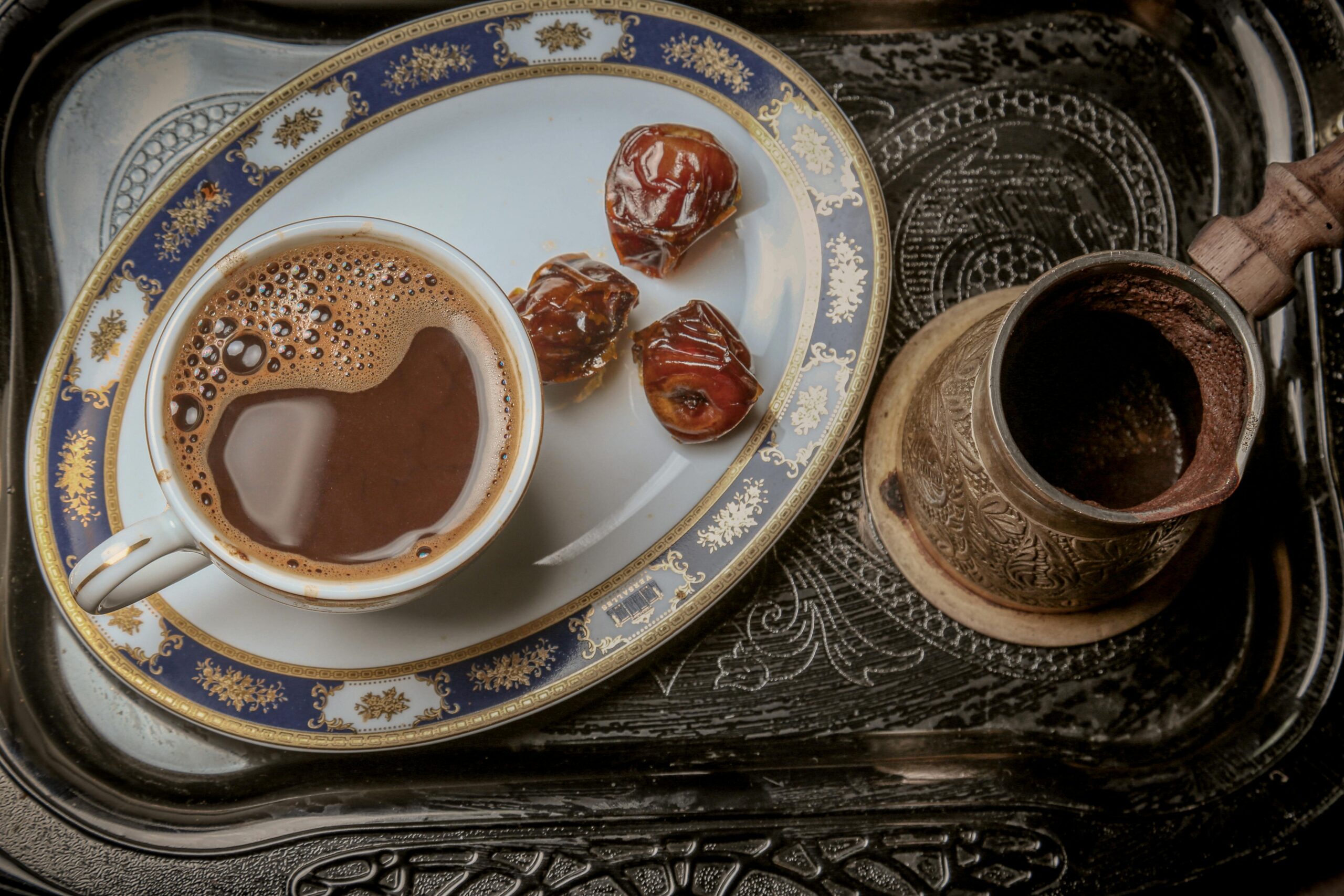
Many deep-rooted Turkish practices carry significant cultural and historical meanings. The tradition of Turkish coffee, for instance, is more than just a beverage. It’s a social ritual, often accompanied by conversation and shared moments. The grounds left at the bottom of the cup are even used for fortune-telling, adding another layer to this cherished Turkish custom.
Moreover, the architecture and design of traditional Turkish houses reflect important Turkish practices. Features like the hayat (inner courtyard) and the separation of guest and family areas highlight the values of privacy and hospitality that are central to Turkish traditions. These architectural elements tell a story about the way of life and social customs of the past.
Preserving and Celebrating Turkish Heritage
Efforts are continuously made to preserve and celebrate Turkish heritage. Cultural festivals, museums, and educational programs play a vital role in ensuring that these customs are passed on to future generations. The Turkish people take pride in their heritage and actively work to keep these traditions alive in a rapidly changing world.
In conclusion, the traditions of Turkey are rich, diverse, and often surprising. From the respectful greeting to the unwavering hospitality, from the belief in the evil eye to the unique rituals surrounding weddings and coffee, these customs offer a fascinating glimpse into the heart of Turkish culture. Exploring these unbelievable Turkish customs will undoubtedly leave you with a deeper appreciation for the warmth, history, and unique character of this captivating country. So, the next time you encounter one of these surprising Turkish traditions, embrace it and immerse yourself in the cultural richness of Turkey. You’ll find that these traditions are not just customs; they are the threads that weave together the vibrant tapestry of Turkish life.
